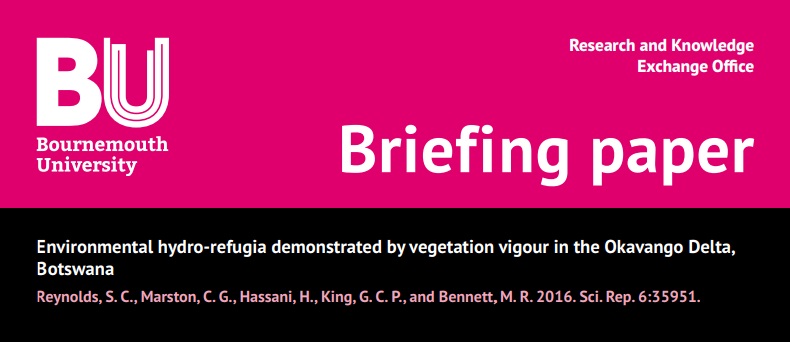Coinciding with COP26, we thought we’d share some of the environment and climate-themed events we have coming up.
ESRC Festival of Social Science 2021
Spot the Greenwashers
![]()
Monday, 15 November
Online
How can we tell when companies are lying to us about how environmentally friendly they are? In this workshop, our media experts will explain how you can see through the tricks used to miscommunicate climate science in the media, bust dodgy claims and spot misinformation.
We won’t just deconstruct media techniques either, we’ll also learn how to construct better communication. Using innovative techniques such as storytelling, text adventures and choice-based games, we’ll learn how play can be a powerful tool for creating imaginative stories.
Connecting with nature: for wellbeing, sustainability and the environment
![]()
Monday, 15 November & Wednesday, 17 November
Online
Connecting with nature can have benefits not only for our own wellbeing, but for the environment too. Join BU researchers and local nature organisations for a selection of talks over two days, to learn more about forest bathing, volunteering for nature, sustainable living and other ways to engage with and protect the natural environment.
We’ll also discover what social science research tells us about the sustainable choices people make throughout their life. Set against the backdrop of COP26, this event will explore how the choices we make could address the climate and ecological crises, and how Bournemouth University targets and supports these.
Café Scientifique
Wildfires and US
![]()
Tuesday 7 December
Online
Every year wildfires engulf 3.4 million square kilometres of Earth’s surface – approximately the size of India. These fires have massive economic, social and environmental impacts and, due to climate change, are expected to increase in the future. However, wildfires are also a naturally occurring global phenomenon that many ecosystems depend on.
Join Dr Marin Cvitanovic to discover how scientific research at Bournemouth University could fill in some of the gaps in this complicated relationship between humans and wildfires.

 Our
Our 














 From Sustainable Research to Sustainable Research Lives: Reflections from the SPROUT Network Event
From Sustainable Research to Sustainable Research Lives: Reflections from the SPROUT Network Event REF Code of Practice consultation is open!
REF Code of Practice consultation is open! BU Leads AI-Driven Work Package in EU Horizon SUSHEAS Project
BU Leads AI-Driven Work Package in EU Horizon SUSHEAS Project ECR Funding Open Call: Research Culture & Community Grant – Apply now
ECR Funding Open Call: Research Culture & Community Grant – Apply now ECR Funding Open Call: Research Culture & Community Grant – Application Deadline Friday 12 December
ECR Funding Open Call: Research Culture & Community Grant – Application Deadline Friday 12 December MSCA Postdoctoral Fellowships 2025 Call
MSCA Postdoctoral Fellowships 2025 Call ERC Advanced Grant 2025 Webinar
ERC Advanced Grant 2025 Webinar Update on UKRO services
Update on UKRO services European research project exploring use of ‘virtual twins’ to better manage metabolic associated fatty liver disease
European research project exploring use of ‘virtual twins’ to better manage metabolic associated fatty liver disease